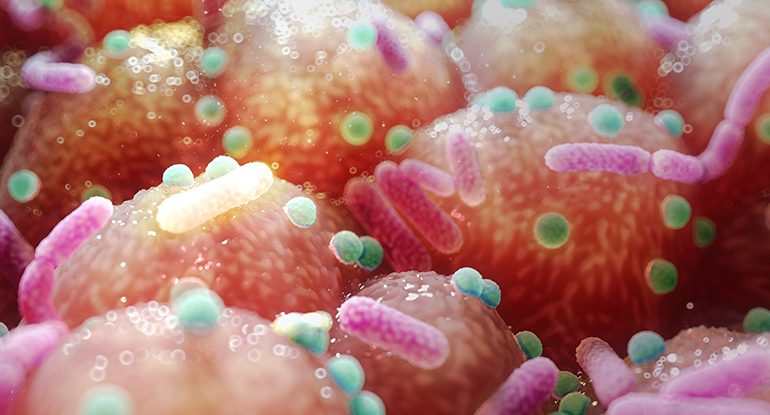Emerging research highlights a surprising link between gut bacteria and Parkinson’s disease, suggesting that supplementation with certain B vitamins may offer a simple yet effective treatment for some patients, Science Alert reports.
A study led by Hiroshi Nishiwaki of Nagoya University, published in npj Parkinson’s Disease, found that alterations in gut microbiota were associated with decreased levels of riboflavin (B2) and biotin (B7), potentially contributing to the neurodegenerative disease.
Parkinson’s, which affects nearly 10 million people worldwide, is marked by progressive motor dysfunction, dementia, and early symptoms like constipation and sleep disturbances. The new research suggests that gut dysbiosis — an imbalance in the gut microbiome — plays a crucial role in the disease’s onset by depleting essential B vitamins.
Analyzing fecal samples from 94 Parkinson’s patients and 73 healthy controls across several countries, including Japan, China, and the U.S., Nishiwaki’s team found that different gut bacteria affected pathways critical to synthesizing B vitamins. This deficiency was linked to a reduction in short-chain fatty acids (SCFAs) and polyamines, which are essential for maintaining the intestinal mucus layer.
“Deficiencies in polyamines and SCFAs could lead to thinning of the intestinal mucus layer, increasing intestinal permeability, both of which have been observed in Parkinson’s disease,” Nishiwaki explained.
A weakened intestinal barrier may expose the nervous system to environmental toxins, potentially triggering the formation of harmful α-synuclein fibrils in the brain, a hallmark of Parkinson’s.
The study builds on earlier findings, including a 2003 study that showed high doses of riboflavin could improve motor function when combined with dietary changes. Nishiwaki and his colleagues propose that personalized treatments, such as microbiota analysis and targeted B vitamin supplementation, could be beneficial for patients with specific deficiencies.








